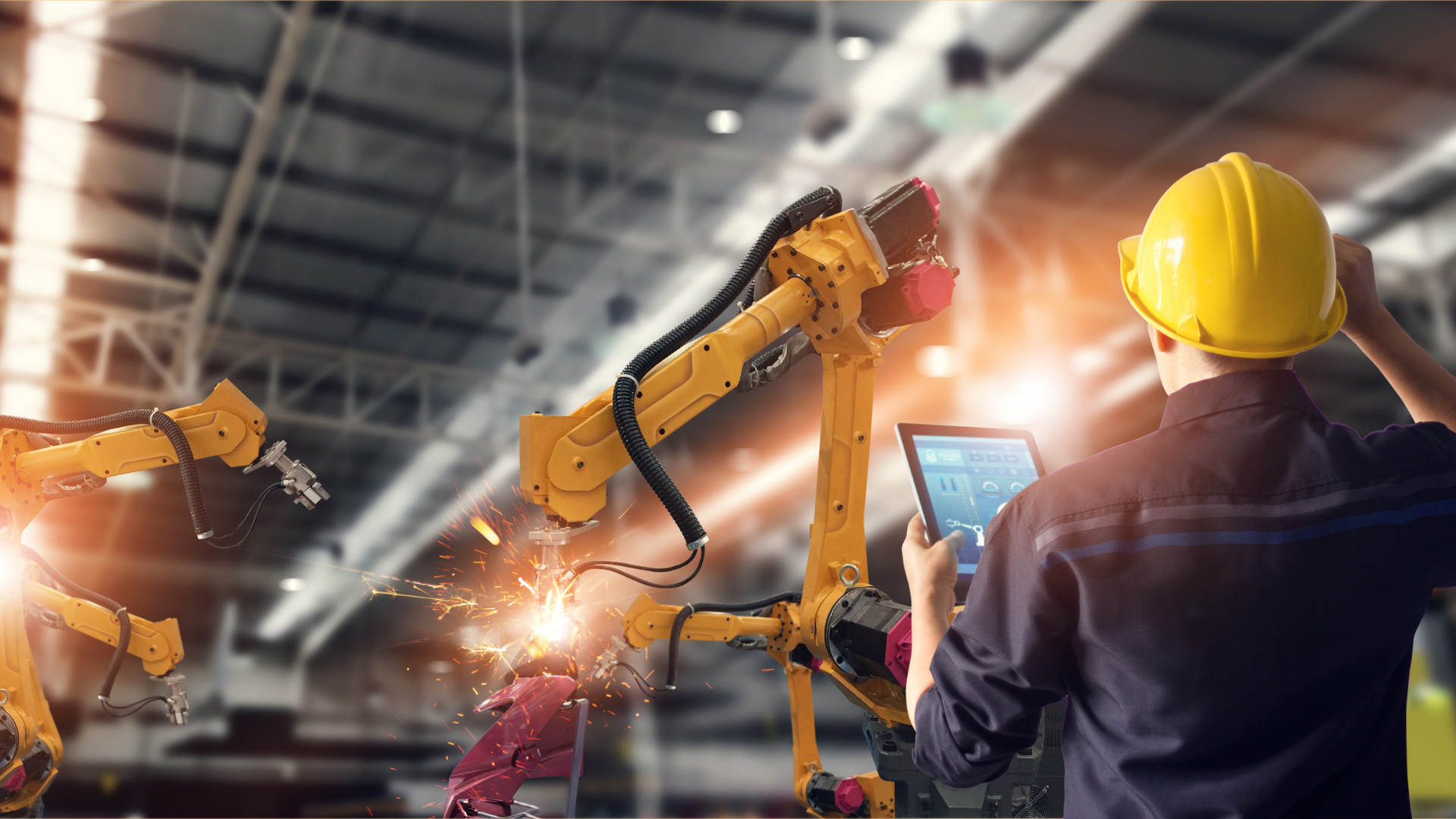How Automation Has Affected Manufacturing Recruitment
As technology advances, automation has become increasingly more prevalent in a variety of industries, especially the manufacturing industry. So, what does that mean for manufacturing recruitment and talent?
Manufacturing and automation
Manufacturing automation is the process of using equipment to automate processes and systems — especially repetitive ones — to allow for greater efficiency, capacity and success.
As an industry rife with routine and structured tasks, manufacturing stands to benefit greatly from automation. In fact, a recent report released by The Australian Computer Society predicts that by 2035, over 60% of Australian manufacturing jobs will be changed by the continuing advance of technologies. Up to a third of these manufacturing jobs are expected to disappear as they become fully automated.
Low-skill versus high-skill jobs
Automation will likely have an effect on manufacturing retention throughout all levels of a company, especially with regard to low-level positions.
Automation is much more likely to displace low-level workers whose jobs can be more efficiently, safely and profitably completed by technology.
High-level jobs — those which use more cognitive skills, are more unstructured or require creative thinking and problem-solving — are harder to replace. Skills that were once desirable are quickly being replaced by a demand for new skills, a fact that may result in greater employee turnover as automation efforts progress.
Is automation hurting hiring practices?
It might surprise you to learn that automation can actually be a good process. While certain automation initiatives may displace workers, they also open up a wide range of jobs at the same time. However, this is no consolation to manufacturing employees who have been or may be replaced by a machine. Here we see the main downside to automation: employee bias.
The idea that you and your job may be replaced at any moment leaves many manufacturing employees wary of continuing to work in the industry and can make hiring and retention efforts difficult for companies searching for qualified candidates.
Additionally, candidates will likely have to learn or develop new, technology-based skills that were not necessary before. This can be a barrier, especially for experienced employees, and can make manufacturing recruitment more difficult.
Find assistance with manufacturing recruitment at Tecside
Whether your manufacturing plant is introducing automation or not, you still need the best talent on your team.
Tecside is a professional recruitment agency that helps qualified candidates and companies create strong and lasting working relationships. At Tecside, we help reduce turnover and boost retention rates by only working with the best companies and talent.
Over our 25 years of business, we’ve worked to establish connections with great talent and wonderful companies, refined our interviewing and hiring processes, and helped match thousands of candidates to their new job.
Get in touch with us today to learn more about how our recruitment agency can help you!
